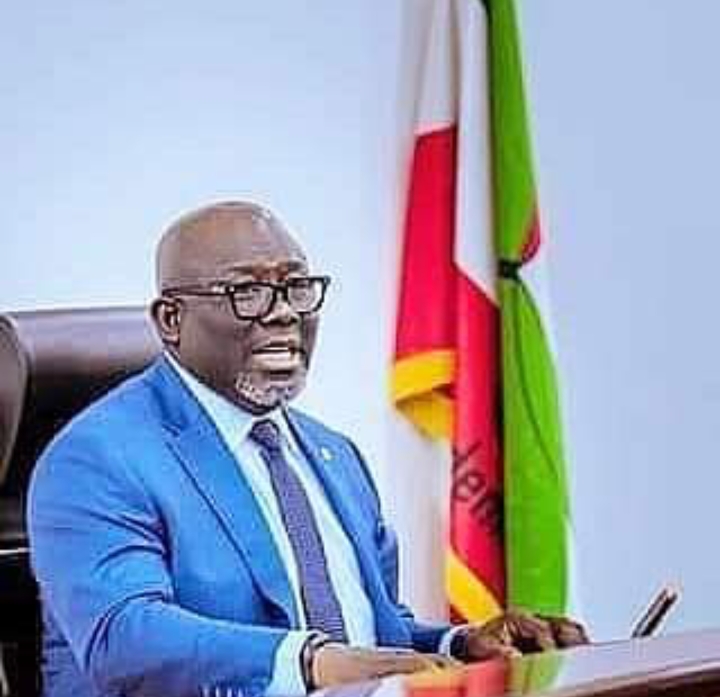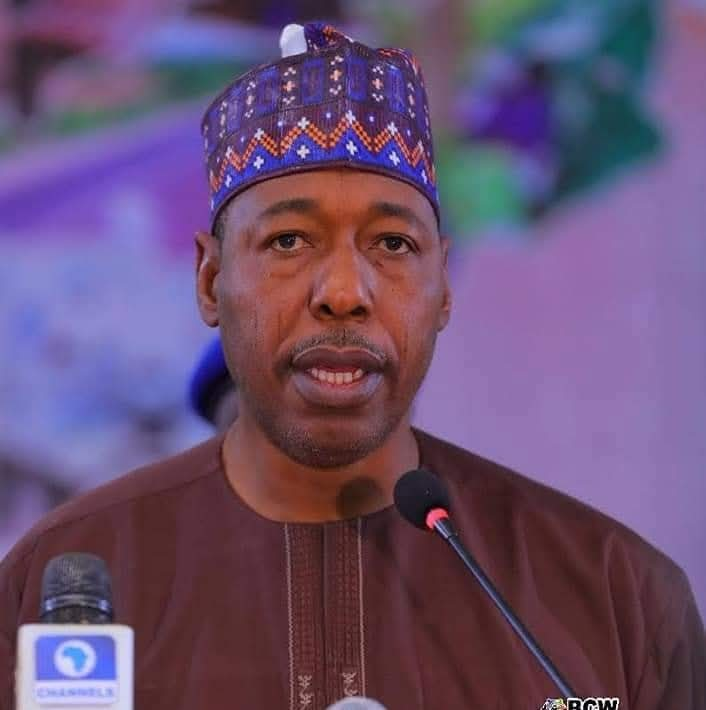We’ll boost crude production beyond 2m barrels daily – Oborevwori
By Ghene Igbogidi, Asaba
With crude oil production in Nigeria currently at approximately 1.7 million barrels per day and projected to reach 2 million by the end of 2024, Delta State Governor Rt. Hon. Sheriff Oborevwori has expressed his commitment to enhancing the hydrocarbons sector. He emphasizes the importance of collaboration between oil companies and host communities to foster dialogue and resolve disputes peacefully, which is crucial for economic growth and stability in the region
In light of the recent surge in oil production, Delta State Governor Rt. Hon. Sheriff Oborevwori has reiterated his commitment to fostering a conducive environment for the hydrocarbons sector. As the leading producer of hydrocarbons in Nigeria, Delta State aims to leverage its resources to drive economic development. The governor recognizes the critical role of the oil industry in shaping Nigeria’s economy and is actively pursuing initiatives to ensure its continued prosperity, particularly as production approaches 2 million barrels per day by the end of 2024
At the recently concluded 8th National Council on Hydrocarbons in Asaba, Delta State, Governor Rt. Hon. Sheriff Oborevwori, represented by Secretary to the State Government Dr. Kingsley Emu, expressed optimism regarding the discussions on the Petroleum Industry Act (PIA).
He emphasized the importance of the insights gained from addressing both successes and challenges within the sector. The governor reaffirmed Delta State’s commitment to fostering an environment conducive to the growth of hydrocarbons, recognizing its critical role in Nigeria’s economic development
He highlighted the meeting’s focus on identifying gaps and recommending amendments, particularly concerning host communities. He emphasized the need for states to be granted clear oversight roles to enhance the implementation of the Petroleum Industry Act (PIA).
Reflecting on the theme of the conference “Petroleum Industry Act, 2021: The Journey So Far,” the Minister of State for Petroleum Resources, Hon. Heineken Lokpobiri, represented by the Director of Upstream Department, Engr. Busari Kumoru, underscored the critical role of the PIA in shaping Nigeria’s monetary and fiscal policies.
He noted that crude oil contributes about 90% of Nigeria’s foreign exchange and 65% of government revenue despite accounting for less than 10% of the GDP. Lokpobiri stressed that the PIA aims to foster a business-friendly environment, attract investments, and ensure harmonious co-existence through host communities’ development funds, lower taxes and royalties, and streamline regulations to improve ease of doing business.
He stressed the council’s critical role in policy formulation aimed at optimizing Nigeria’s hydrocarbon resources and outlined federal initiatives for cleaner energy, gas commercialization, and reduced deforestation.
In his speech, the Delta State Commissioner for Oil and Gas, Hon. Peter Okagbare Uvwejitobor, noted that enacting the PIA Act does not only seek to reform the oil and gas industry, but also at creating a conducive environment for investment, enhance regulatory framework and promote local content development, amidst ensuring that host communities are accorded their right of place in the sector.
This, he said, was why the passage of the Act in 2021 was greeted with so much joy and celebrations.
Uvwejitobor said that as a major hub of oil production in Nigeria, Delta State has vested interest not only in the effective implementation of the Petroleum Industry Act, but also in the benefits of the abundant hydrocarbons are felt by the various communities across the state.
He said the Government of Delta State, recognizes the importance of collaboration among all levels of government, industries and host communities in achieving the goals of the Petroleum Industry Act, 2021. This, he explained, is why the absence of a defined role and seeming non-recognition of state governments in the Petroleum Industry Act must be reviewed.
The three-day National Council created an opportunity for participants to engage in fruitful deliberations and discussions, share insights and explore ways for a more resilient and inclusive petroleum industry in the years ahead.
Participants, members of the Host Communities Development Trust, who were shared into groups, actively defended their memoranda, contributed to conversations, shared experiences and proposed innovative solutions to issues bedeviling the advancement of the Petroleum Industry Act since it became operational.










